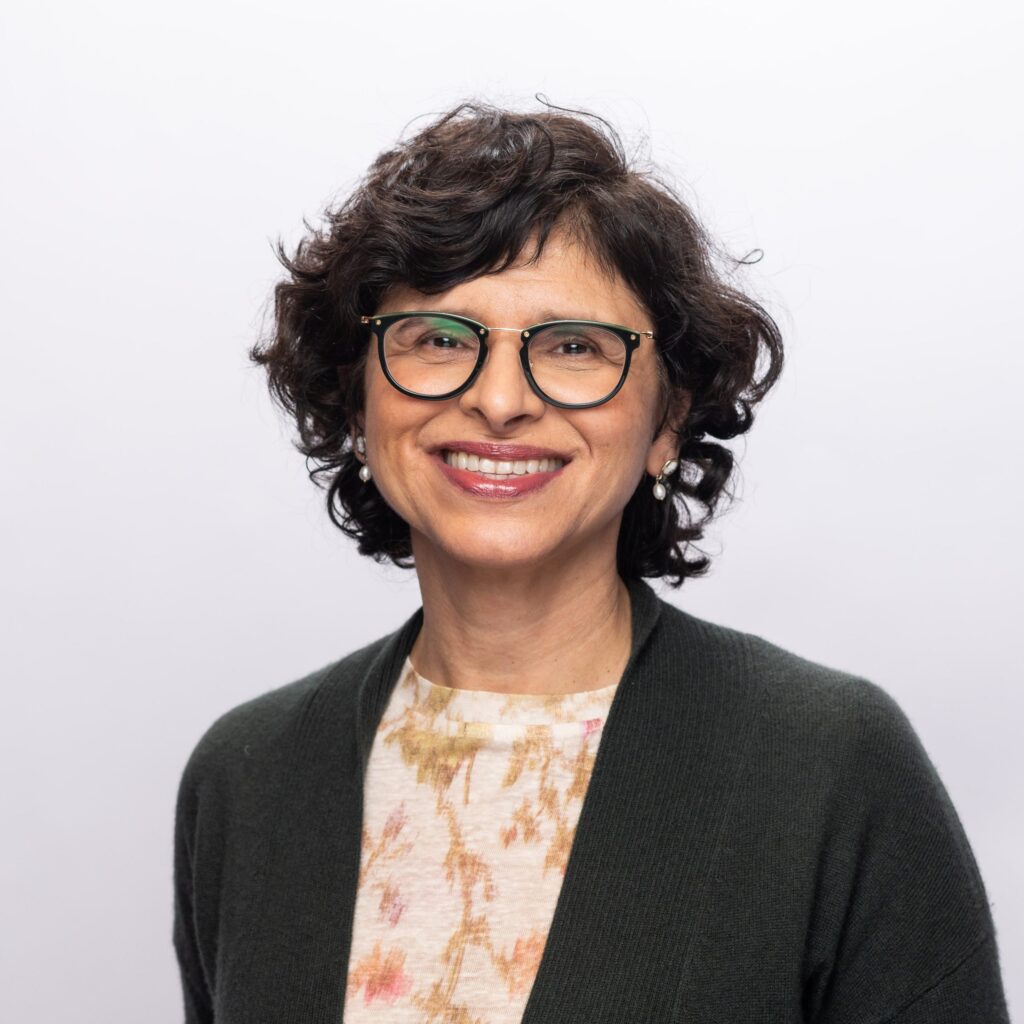Across rural Utah, from red rock towns to mountain plateaus, stories of tradition, resilience, and belonging are unfolding every day. Dr. Ruma Chopra, Professor of History at the University of Utah, is helping to bring those stories to light. Now in its second phase with support from the Mellon Foundation, Dr. Chopra’s team is deepening its work with rural communities across Utah, elevating local stories, strengthening partnerships, and expanding the project’s reach.
Through personal stories and local partnerships, the project asks:
- How do different life experiences — including culture, tradition, and identity — influence what it means to live in rural Utah?
- How do people from diverse communities find connection, purpose, and opportunity in places with strong local traditions?
- What does meaningful dialogue look like between urban and rural communities?

Dr. Ruma Chopra
These are some of the guiding inquiries behind Dr. Chopra’s work, which brings together faculty, graduate students, community leaders, and residents in a highly collaborative and community-engaged model of research. The project builds on strong partnerships formed during its first phase (2022–2024), and now seeks to deepen those connections and expand its geographic reach.
Through storytelling, oral histories, and place-based engagement, the research celebrates the rich, resilient, and often under-heard voices of Utah’s rural communities. Participants in the project will document lived experiences that reveal both pride and pain—touching on everything from cultural belonging and tradition to challenges like housing insecurity and access to healthcare.
A major highlight of this new phase is the upcoming Rural Voices Field School, scheduled for Fall 2027 in southeastern Utah. The event will convene community members, tribal leaders, educators, artists, entrepreneurs, and students in Blanding, Montezuma Creek, and Monument Valley—communities closely connected to the Navajo Nation and Ute Mountain Ute Tribe. The field school will also showcase the “Intersectional Rural Stories Project,” an exhibit rooted in voices from the region.
Looking ahead, Dr. Chopra and her team aim to expand an open-access archive hosted through the Marriott Library, featuring syllabi, oral stories, photographs, and videos that reflect the lived experiences and intersectional identities of rural Utahns. This growing resource is designed for use by educators, scholars, community partners, and policymakers—both across Utah and beyond.
“The archive will be open access and available for use by university, community, state, and national partners,” said Dr. Chopra. “Likewise, within our university, we will continue to champion faculty-led projects to deepen our understanding of intersectionality across the state of Utah and beyond.”
To learn more about this project, please contact Dr. Chopra.

